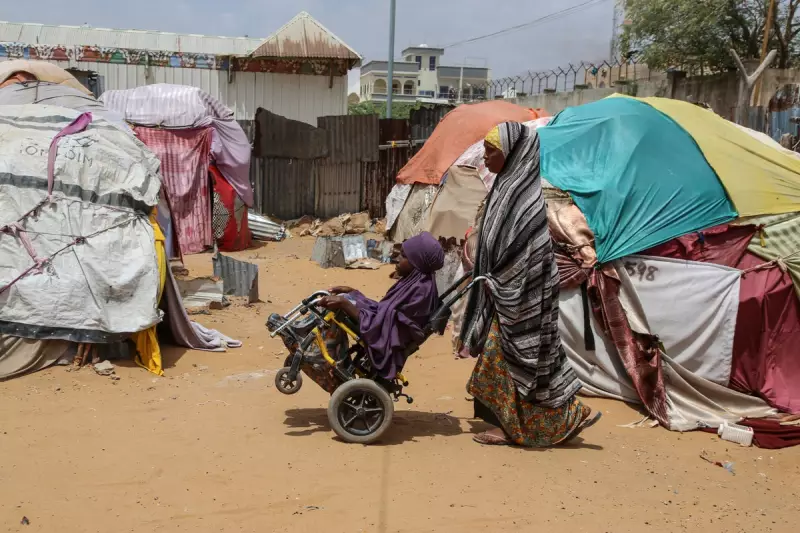
A devastating humanitarian catastrophe is unfolding in Somalia, where millions face starvation as climate-induced drought collides with significant cuts to UK foreign aid, according to an exclusive investigation.
The Perfect Storm of Crisis
Severe drought conditions, described as the worst in decades, have crippled agricultural production across the Horn of Africa nation. Meanwhile, Britain's reduction in official development assistance has left critical aid programmes severely underfunded at the precise moment they're needed most.
Millions at Risk of Starvation
United Nations agencies report that approximately 6.7 million Somalis – nearly half the population – are experiencing acute food insecurity. The situation is particularly dire for children under five, with malnutrition rates reaching emergency levels in several regions.
UK Aid Cuts Exacerbate Climate Crisis
The timing of Britain's aid reduction couldn't be more catastrophic. As climate change drives increasingly frequent and severe droughts in Somalia, the UK has slashed its humanitarian budget precisely when climate resilience programmes are most critical.
One aid worker on the ground described the situation as "a perfect storm where climate disaster meets political abandonment." Health facilities are reporting dramatic increases in water-borne diseases and severe acute malnutrition cases, while displacement camps swell beyond capacity.
International Response Falling Short
The global humanitarian response remains critically underfunded, with aid organisations struggling to scale up operations amid funding shortfalls and rising operational costs. The World Food Programme has warned that without immediate additional funding, emergency food distributions may need to be reduced within months.
Human rights advocates are calling for urgent international action, emphasising that the window to prevent mass starvation is rapidly closing. The situation serves as a stark reminder of how climate change and political decisions in donor nations are creating deadly consequences for the world's most vulnerable populations.





